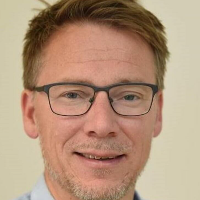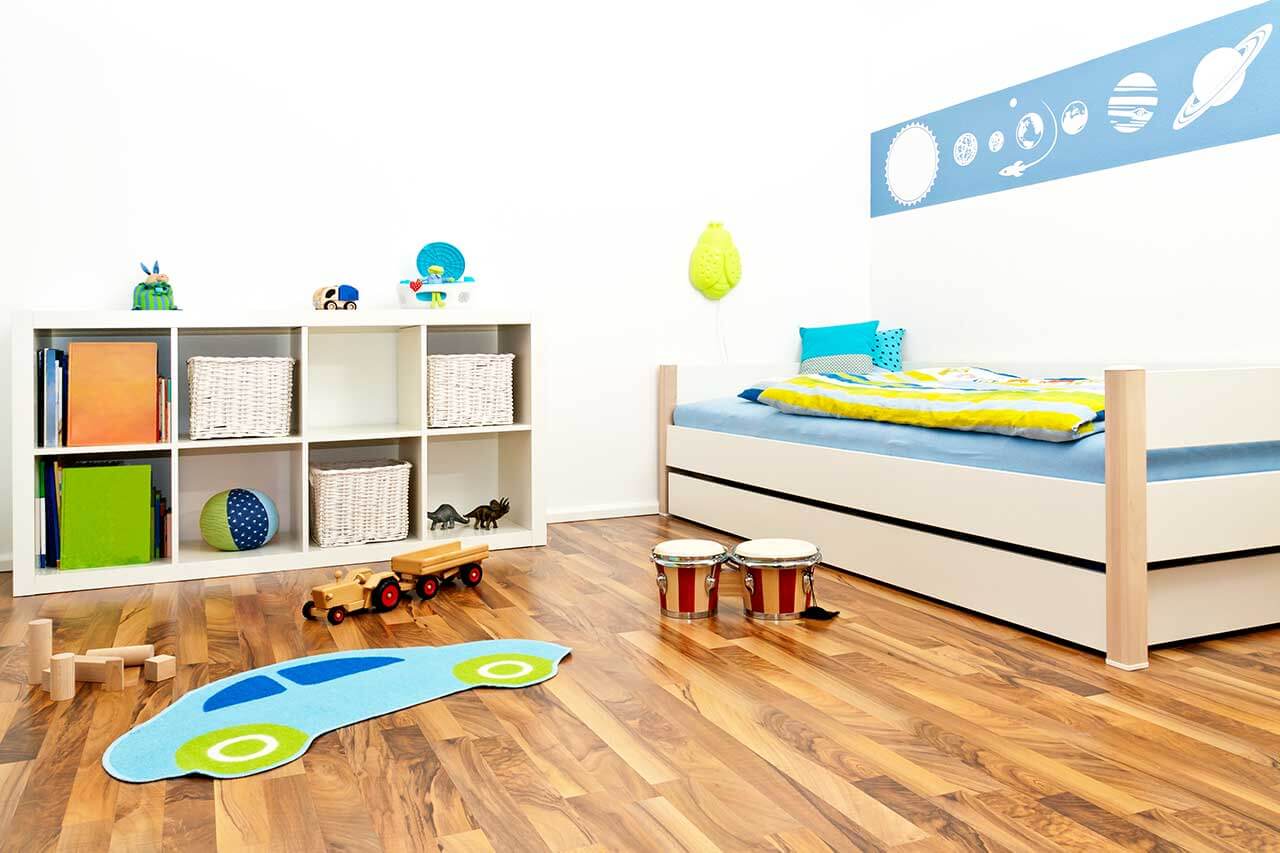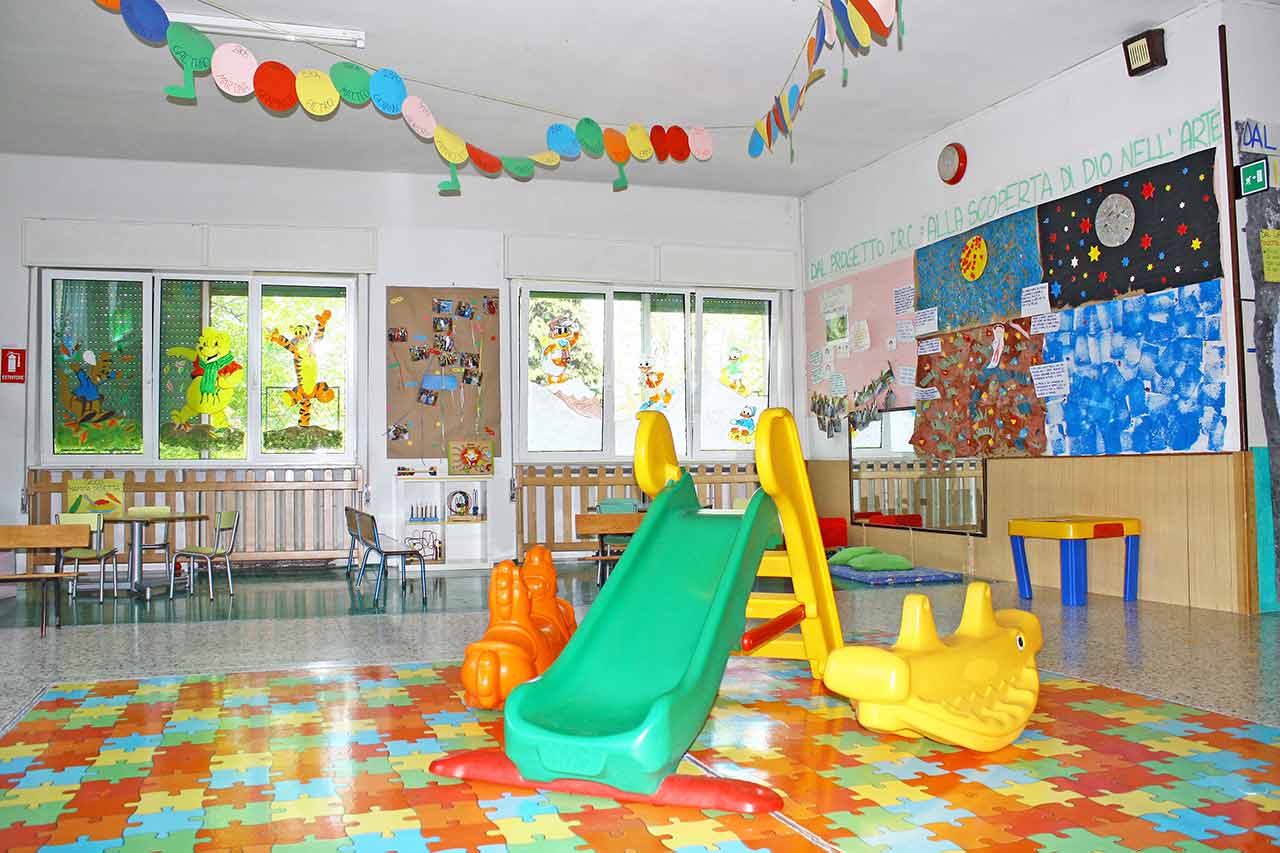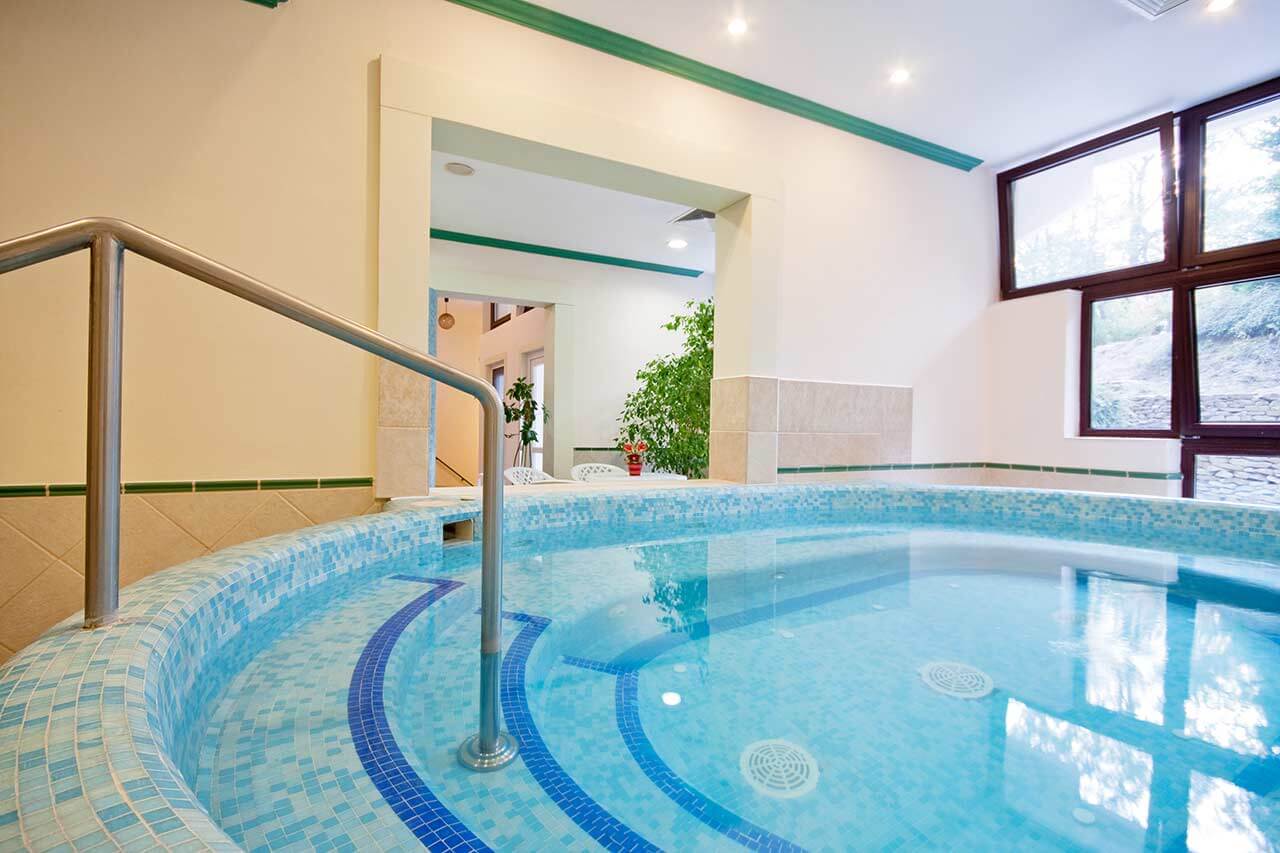
The program includes:
- Primary presentation in the clinic
- medical history, including family history
- complex neurological and orthopedic examinations
- CT / MRI / X-ray examination
- complex neurophysiological examinations
- individual rehabilitation program, which includes:
- Vojta (Vojta therapy)
- propriozeptive Neuromuskuläre Fazilitation (PNF)
- transcranial magnetic stimulation (TNS)
- orofacial stimulation of Castillo Morales
- functional propriotrening
- various methods of respiratory gymnastics
- Wii Fit training in the use of the balance
- neuropsychological therapy
- functional therapy of the upper extremities (ArmeoSpring)
- functional electrical stimulation / neurostimulation
- kinesitherapy (physiotherapy)
- biocontrol with feedback
- healing deep muscle massage
- neuromuscular electrostimulation
- acupuncture of spasticity and pain syndromes
- occupational therapy
- psycho-educational classes
- logopedia
- Individual physiotherapy
- microcurrent treatment
- fangotherapy / cryotherapy
- antispasmodic drug therapy (incl. Botox)
- mobilization of limb joints
- hydrotherapy / massage therapy / reflexology
- training on special trainers (Lokomat, exoskeleton)
- and etc.
- constant care nurses
- stay in the hospital with a full board
- symptomatic and drug therapy
Service
You may also book:
 BookingHealth Price from:
BookingHealth Price from:
About the department
The Department of Pediatric Neurological Rehabilitation at the Helios Clinic for Pediatric Neurological Rehabilitation Hohenstücken offers the full range of treatment of acute and chronic neurological diseases and conditions of any degree of severity. The department specializes in all stages of neurological rehabilitation – from the first phase of early rehabilitation to educational and professional reintegration. Children and adolescents of all age groups are admitted to treatment in the department. Chief Physician of the department is Dr. med. Jörn Lange.
The department has at its disposal the state-of-the-art equipment for artificial respiration and reliable video surveillance. This ensures the earliest possible start of intensive care. Beyond that, the department has special capabilities for treatment of patients suffering from diseases and injuries of the spinal cord and is considered among the renowned centers for treatment of paraplegia.
The range of services offered by the department includes diagnostics and treatment of the following diseases:
- Traumatic brain injury
- Brain damage due to lack of oxygen, tumor, bleeding, stroke, inflammation, metabolic disorders
- Multiple sclerosis
- Congenital or neonatal neurological injury
- Cerebral movement disorders (spasticity, dystonia, ataxia)
- Neuromuscular diseases
- Language, speech and voice disorders
- Swallowing and feeding disorders
- Epilepsy
- Migraine and other chronic headaches
- Diseases or injuries of the spinal cord (cross-sectional syndromes, spina bifida)
- Diseases of the peripheral nervous system (plexus paresis, hereditary neuropathies, Guillian-Barré syndrome, etc.)
- Developmental disorders
- And other diseases
Whenever possible, the specialists of the department analyze the results of previous medical examinations in order not to expose children to additional stress during the repeated examination. However, to carry out the missing diagnostic and routine control procedures, the department has all cutting-edge medical diagnostic technologies.
The diagnostic options of the department include:
- All methods of instrumental diagnostics, including electroencephalography with the possibility of long-term monitoring, electromyography and electroneurography, electroencephalography with video visualization, etc.
- Neuropsychological diagnostics: the use of both instrumental and non-instrumental methods to detect violations of perception, attention, memory and personality disorders
- Functional diagnostics: the determination of the required amount of treatment, as well as the intensity of physical, occupational and language therapy
- Pedagogical diagnostics: assessment of functional readiness, for example, for further education
- Psychosocial diagnostics: social adaptation in society
The department offers the full range of therapeutic services. The specialists of the department counsel parents and their children in regard to appropriate auxiliary aids and therapeutic methods and determine the optimal treatment strategy. Needless to say, the children have the opportunity to try out different methods in order to decide which one is best suited to their individual rehabilitation programs.
The therapeutic range of services of the department comprises the following options:
- Physiotherapy on a neurophysiological basis
- Physical therapy
- Sports therapy
- Animal assisted therapy and hippotherapy
- Conductive education (method of A. Petö)
- Neuropsychology
- Occupational therapy
- Speech therapy (logopedics)
- Music therapy
- Clinic school (Neuropedagogy)
- Medical-professional rehabilitation (Phase II)
- Therapeutic care and other methods
Curriculum vitae
Dr. med. Jörn Lange has been the Head Physician of the Department of Pediatric Neurological Rehabilitation at the Helios Clinic for Pediatric Neurological Rehabilitation Hohenstücken since August 1, 2019. He graduated from the Philipp University of Marburg (Germany), the University of Montpellier (France), and the Free University of Berlin (Germany). Dr. Lange worked as a pediatrician in many clinics in Berlin, Germany. He completed his professional training in pediatric neurology in the Department of Pediatric Neurology, Epileptology and Neurorehabilitation at the Schoen Clinic Vogtareuth. Before joining the Helios Clinic for Pediatric Neurological Rehabilitation Hohenstücken, Dr. Lange served as a Senior Physician at the Epilepsy Center Berlin-Brandenburg.
Photo of the doctor: (c) VAMED Klinik Hohenstücken
About hospital
The Helios Clinic for Pediatric Neurological Rehabilitation Hohenstücken is an advanced rehabilitation center for children and adolescents with neurological diseases, located near Berlin. The clinic belongs to the Helios network of rehabilitation clinics, which specializes in medical rehabilitation and is one of the largest networks of specialist clinics in Germany. For treatment of all neurological diseases, the latest methods and approaches are available in the clinic which include physiotherapy, music, riding therapy, etc.
The treatment of complex neurological disorders is conducted by a multidisciplinary team consisting of physicians, specially trained nurses, psychologists, therapists, social workers, educators, etc. Currently, there are around 200 employees working in the clinic. The main goal is to guarantee a comprehensive and age-appropriate restoration of mental, physical and emotional abilities. In case it is impossible due to the damage pattern, the patient should be enabled to make the most of the remaining functions.
The highest medical standards of the Helios rehabilitation clinics are ensured through ongoing further training and quality control. Constant professional exchange with specialists of other clinics of the Helios network also contributes to the highest level of treatment of all neurological diseases. As a result, all patients of the clinic and their parents can be sure that they are in the most reliable hands.
Photo: (c) depositphotos
Accommodation in hospital
Patients rooms
All single and double rooms are equipped with shower, toilet, and TV.
Each room is equipped with a TV that can be used for free. In the clinic you can use free wireless Internet (Wi-Fi).
Meals and Menus
During the rehabilitation patients are offered three meals a day. There are also a kiosk and cafeteria onsite. In addition, you can also use the various nearby shopping facilities.
Further details
Standard rooms include:
Accompanying person
Accompanying persons can be accommodated in both patients’ rooms and the special guest house of the clinic. Apart from that, there are ten beds available in the clinic for patients receiving treatment in a day hospital.




